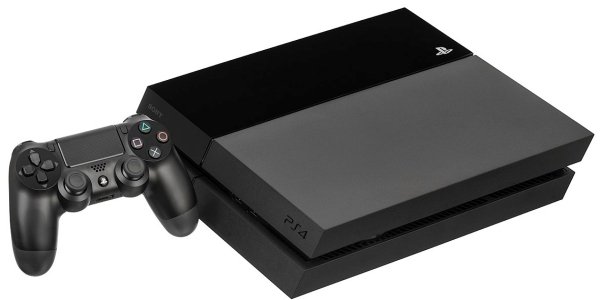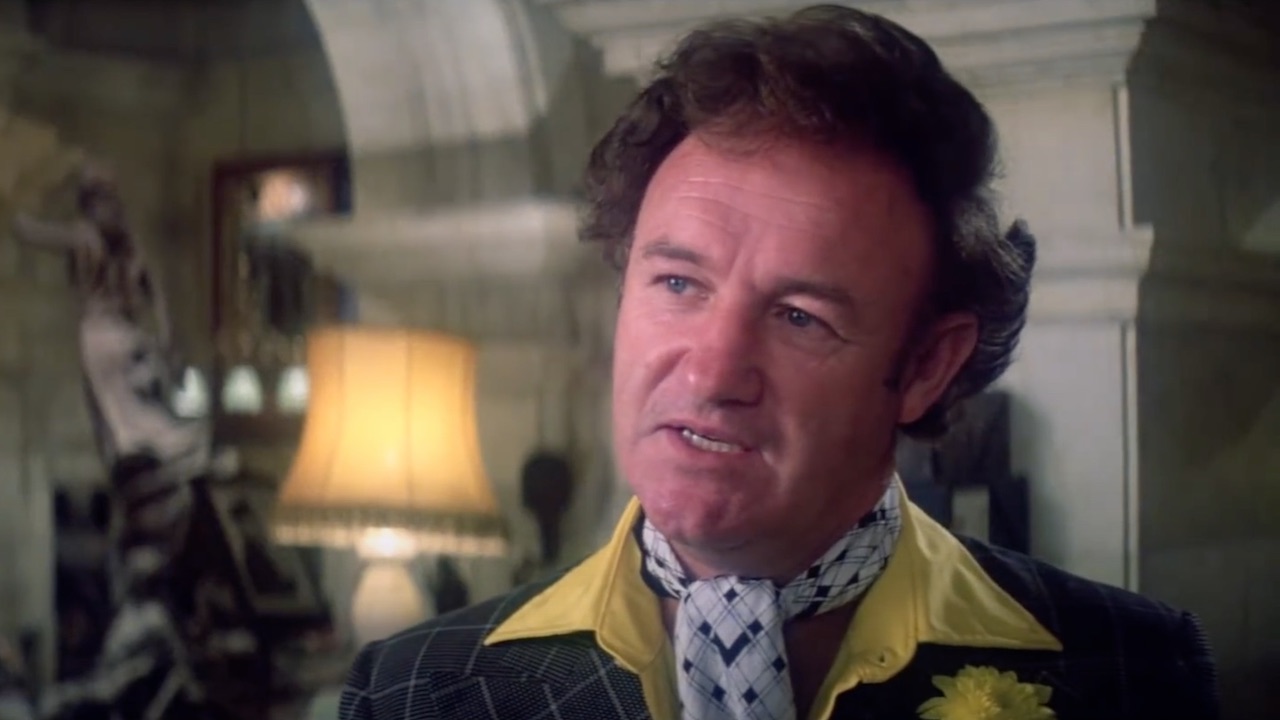How Sony Plans To Measure PlayStation Success Going Forward

Sony is in an interesting place in the market. While the PlayStation 4 is the current leader of the marketplace it's also in a position that's rather volatile where its leadership position could be threatened by the XBX and Nintendo Switch. Sony wants to redirect how it focuses on gauging success to match the changing times of today's digital market growth by measuring monthly active users, not hardware sales.
DualShockers is reporting that during the investors call, CFO Kenichiro Yoshida revealed that Sony wants to focus more on the MAU (or monthly active users) for PlayStation services rather than relying solely on first-sale figures that most companies typically rely on when gauging growth and platform success.
In layman terms, Sony wants to increase how many people use the PlayStation Network and find ways to add services, programs, and apps that retain subscribers of PlayStation Plus. It's no longer simply about putting out a product and watching the diminishing residuals over a period of time.
As most gamers know, the biggest revenue drive for a software product is usually within its first two quarters. After that, there's usually a significant drop-off in sales until revenue eventually dwindles down into negligible figures. Sony no longer wants to rely on that business model, nor does it want to rely on that way of gauging brand saturation and growth.
Instead -- during the investor call -- Sony's executives revealed that half of the sales on the PlayStation platforms throughout the current fiscal year are from digital and network services. As many gamers know, recurring digital purchases are a lot more lucrative than physically packaged products.
While Sony is still intent on moving hardware to build an install base, the company sees a strong opportunity in focusing on getting PS Plus subscribers to spend more time on Sony-related services and platforms.
Hence, this is why Sony wants to focus more on in-app purchases, microtransactions, digital app growth, and aiming to improve the "recurring revenue business".
CINEMABLEND NEWSLETTER
Your Daily Blend of Entertainment News
This is not something that's going down well with gamers for very obvious reasons.
For those of you who have not been keeping track of what's been happening in the industry right now, there's an extremely strong focus from the large publishers on games as a service, and the gamification aspect of residual services, such as the Xbox Game Pass, loot boxes, season passes, seasonal DLC, team packs, and in-app cosmetic purchases.
Some games have been more egregious than others with these features, such as the upcoming Star Wars: Battlefront II, which was heavily criticized for its loot box service during the beta. Warner Bros., also came under fire for the loot box system in Middle-Earth: Shadow of War, and Microsoft was flayed by the community for restricting certain settings and features of Forza Motorsport 7 behind loot boxes.
For now, Sony hasn't detailed how it wants to specifically target PS Plus after measuring the numbers, other than what it's already doing, but a good start might be improving the quality of monthly free games for subscribers.
Staff Writer at CinemaBlend.
I Enjoyed The Million Dollar Secret Finale But It Made Me Think Of This One Thing Too Many Netflix Reality Shows Do
Gene Hackman's House Was A Mess When Police Got There. Why It Won't Be Hard To Sell Despite The Tragedy
Kelly Clarkson Recalled Having A Major Wardrobe Malfunction While On Tour, And I Wasn’t Expecting It To Top Katy Perry's American Idol Snafu










